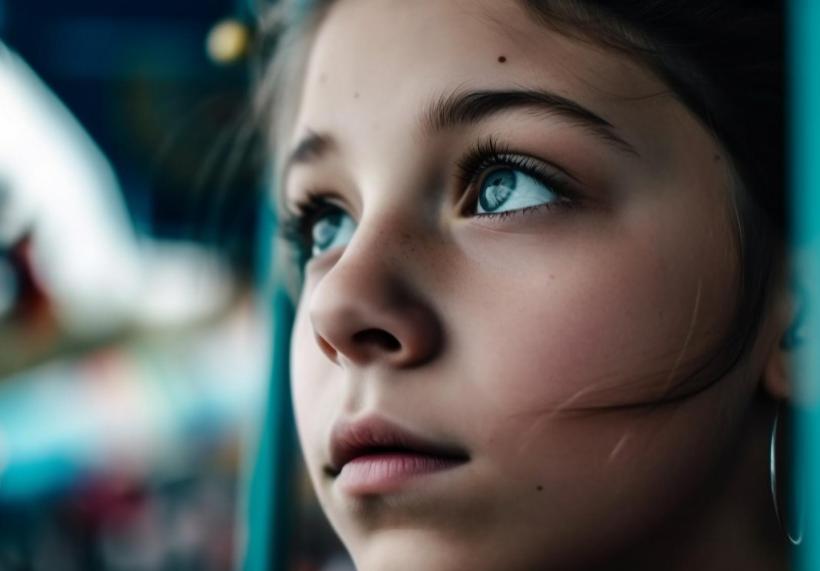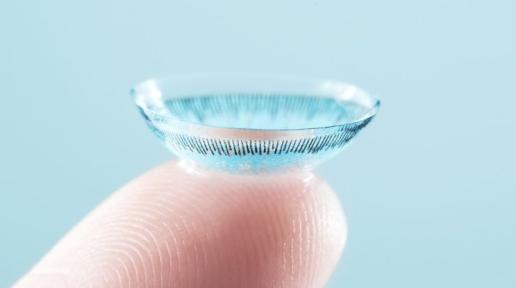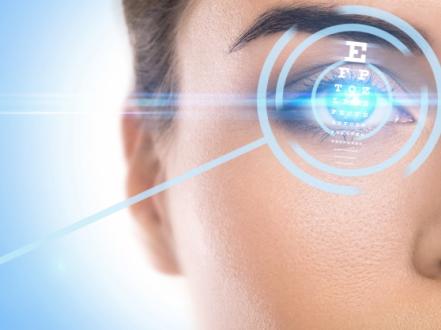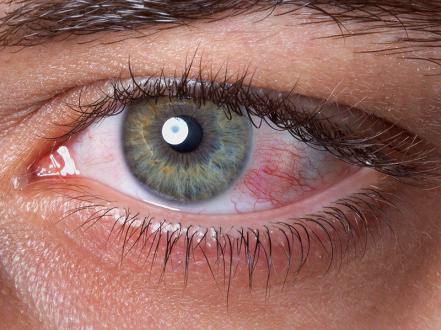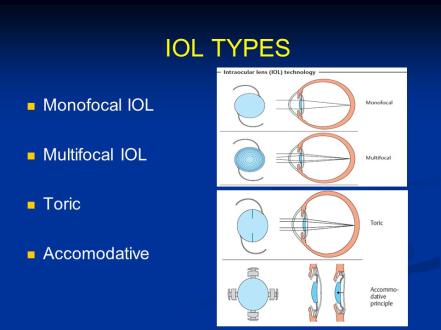Have you ever noticed why some people squint more than others on a bright day? It's not a question of preference—sensitivity to light might just be a question of the shade of your eyes. Of all the shades, blue eyes are probably the most striking for their dazzling loveliness, but also for their possible light sensitivity. And so here comes the curious question: are blue eyes more sensitive to light?
Since individuals are more concerned with their eye health, especially in today's era of too many screens and being out in direct sunlight, understanding what different eyes do when they come in contact with light has become important. Blue eyes in the sun are usually more bothersome, so causes and convenient tips have been something most individuals have sought.
Why Do Blue Eyes React to Harsh Light?
Let's get to the question of the day right away: Are blue eyes more sensitive to light? The quick answer, backed by science, is yes—and it has everything to do with deep inside eye anatomy.
The colored part of the eye's iris is made up of melanin, a pigment that guards the eye's internal machinery against strong light. People with darkly colored eyes (brown or hazel) have more melanin, which is equivalent to having sunglasses built in. People with blue eyes have much less melanin, enabling more light and harmful ultraviolet (UV) radiation to pass through their eyes.
This lack of melanin is the biological foundation of blue eye sensitivity, especially under lighted conditions. It makes blue eyes sensitive to the sun, and the sensitivity is not a cosmetic consideration but biological.
How Sunlight Is Different from Normal Light Exposure
It is worth noting that not all sources of light are the same. Indoor lighting, intense as it may be, does not possess the potency and UV radiation that comes with natural sunlight. Natural sunlight has strong UVA and UVB rays that get deeper into the eye and can possibly damage its fragile mechanisms by way of long-term exposure.
Blue-eyed individuals are more likely to experience the connection between their eyes and sun damage, particularly in summer or at high altitudes, or in front of reflective surfaces like water or snow. That's where the distinction between artificial and natural sunlight becomes helpful. Are blue eyes more sensitive to the sun, then? Yes—and for some very good biological reasons.
Normal Reactions of Sensitive Blue Eyes
Here are common signs that point to a blue eye’s sensitive nature:
- Frequent squinting, even with minimal sun exposure
- Excessive tearing as a defensive response to bright light
- Burning or stinging sensations when outdoors
- Light-triggered headaches or migraines after time in the sun
All these symptoms raise so many questions about “why do blue eyes hurt in the sun?”. The reason why blue eyes hurt in the sun is how the blue iris fails to filter out bright light, leading to hyperstimulation of the sensitive retina. Not just do they hurt, but they also render one vulnerable to some eye conditions.
Biological Reason Behind Light Discomfort
Blue eyes are the consequence of the lack of melanin in individuals, permitting incoming light to pass straight through the iris with little hindrance. The light overflows the retina, producing stimulation, an effect which can lead to photophobia (light sensitivity) or even photokeratitis (solar burn of the cornea).
It should be reiterated that the sensitivity is not an illness but a typical characteristic of blue eyes. That notwithstanding, its impact should not be underestimated, particularly with prolonged exposure.
Sunglasses: Blue-Eyed People's Best Friend
Being blue-eyed, having a good pair of sunglasses isn't merely a fashion item—it's a must-have. Blue eyes and sunglasses go hand in hand for long-term health and comfort.
Here's what to look for in your next pair:
UV400-rated lenses: Protect 100% against harmful UVA and UVB rays.
Polarized sunglasses: Reduce glare off reflective surfaces and enhance visual sharpness.
Light-sensitive photochromic lenses: Darken automatically outdoors, ideal for seamless indoor-outdoor comfort.
These glasses are not only required during summer, but throughout the entire year, as UV radiation is present even on cloudy days. The right sunglasses preserve your long-term eyesight and comfort.
How to Preserve Light-Sensitive Eyes in Daily Life
So, are blue-eyed individuals more sun-sensitive? The study says so—but it's easy to take steps to minimize the impact. Here's how to safeguard your sun-sensitive eyes:
- Wear eye shields outside, even on overcast days.
- Employ large-brimmed hats for additional shade.
- Install UV filters on car and home windows.
- Opt for gentler interior lighting, avoiding harshly bright LED bulbs.
Remain in touch with specialists through the best eye doctors catalog in order to get professional assistance when necessary.
Blue-eyed individuals can travel through sunny areas more comfortably and securely by making those lifestyle modifications.
Conclusion
In brief, then, are blue eyes more light-sensitive? Yes. The lighter iris color offers less natural protection from visible light and UV light. Blue eyes are hence more apt to be overstimulated and irritated, particularly in direct sunlight.
However, this doesn't place a disadvantage for blue-eyed individuals—just that they must be more active in protecting themselves. Sunglasses, lifestyle changes, and eye checks on a regular basis go a long way toward ensuring comfort and eye health.
